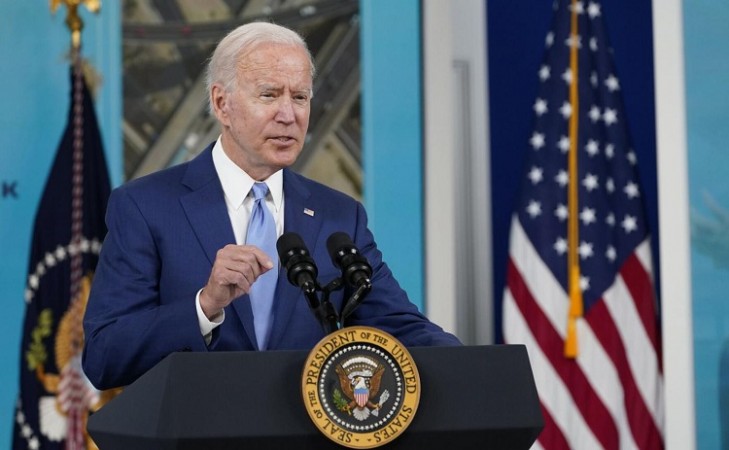
Washington: Ahead of the Winter Olympics in Beijing, which begin in February next year, the US's allies and partners are said to be divided over the Biden administration's decision to diplomatically boycott the games.
The Biden administration has already announced that it will boycott the 2022 Winter Olympics due to China's "ongoing genocide and crimes against humanity in Xinjiang." The diplomatic boycott of the Beijing Winter Olympics by the Biden administration is already proving to be a limited success. The proposal, which aims to allow athletes to compete while condemning China's human rights violations, has received backing from lawmakers from both parties, human rights organisations, and key US allies such as the United Kingdom, Canada, and Australia, according to the report.
France is reportedly sending diplomats to Beijing, stating that it opposes the use of sporting events to highlight human rights concerns, like as Beijing's genocide against Uyghur Muslims in Xinjiang, Hong Kong's restriction of democratic freedoms, and Tibet's cultural repression.
South Korea has decided not to join the diplomatic boycott of the Games, noting its close cooperation with China on North Korea, in contrast to the United States. Meanwhile, the European Union has yet to make a definitive decision on how it will handle the Games, with member countries split on the issue.
US Senate to vote on Joe Biden's social spending bill early next year
US Senate abandon efforts to pass Biden's social spending bill: Report
Biden signs legislation to raise the US debt ceiling, averting default.